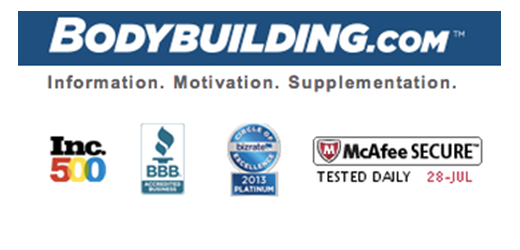Health care and public health social marketing isn't quite as simple as it once was. While this era presents more complexity, it also presents SO many more options to reach the target audience!
Hang on... before you read any further, I want you to count how many digital means you can think of to spread health messages... How many did you come up with? 5? 10? 15? 20!?
Yea, there's are a lot! Because of this, I'm not going to go into detail about all of them or even list them all. That being said, I listed a few areas I find particularly interesting or important.
Social media as a tool for health communications:
Hang on... before you read any further, I want you to count how many digital means you can think of to spread health messages... How many did you come up with? 5? 10? 15? 20!?
Yea, there's are a lot! Because of this, I'm not going to go into detail about all of them or even list them all. That being said, I listed a few areas I find particularly interesting or important.
Social media as a tool for health communications:
- Youtube: This health advertisement links directly to youtube! You can also use Youtube to share longer videos that go in-depth about a health topic.
- Blog (like this one!)
- eCards (do people still use these?)
- Flickr
- Buttons and Badges
- Podcasts
- Widgets
Those are only a few out of the great many social media options. If you're interested in social media as a means of health communication I would highly recommend checking out the CDC's Health Communicator's Social Media Toolkit!
mHealth
mHealth= mobile health. This type of service is also becoming increasingly popular and can be particularly advantageous to rural populations or low-income countries who would normally have limited access to a physicians or health messaging. mHealth can be used for health education and awareness, disease surveillance, helplines, diagnostic and treatment support (including telemedicine, where a patient never has to be seen in person by a real doctor). Of course, ethically, this type of medicine can present many challenges, most notably, patient confidentiality.
Serious Gaming
Serious gaming is the use of games to deliver a serious message (as the name suggests). Pretty cool stuff, although not simple or cheap to design and implement. Here's a link with several examples: https://www.nlm.nih.gov/medlineplus/games.html. In addition to these games that teach you about a certain topic, there are other computerized games that use 3D body images as an interactive tool to explain how lifestyle behaviors can affect overall health. Lastly, some digitalized serious games get the participant out and about by using an application on your mobile device, this promotes physical activity and community engagement.
Ethical Concerns:
Confidentiality and ensuring identity is a concern with many areas of digital medicine or heath communications. For example, if one wants to use mobil devices as an option for medical diagnostic and/or treatment there has to be a mechanism in place to confirm both the provider and patients' identity. This is partly just to make sure these individuals are who they say they are, however, it is also important in ensuring confidentiality. If a patient is in care for HIV, the provider must insure their diagnosis does not become known to family members who also have access to the mobil device.

No comments:
Post a Comment